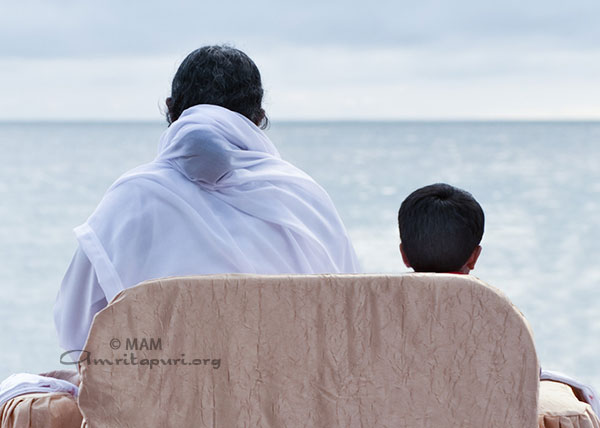Talk: Osho
If you feel negative, that means somehow or other, knowingly or unknowingly, you have invested much in your negativity. Now you want to cling to it; you don't want to drop it. See the point. If you want to drop it, i say to you, ''Immediately, this very moment!'' Nobody is blocking the path. But you don't want to drop it; and you won't admit it.
Don't play these games. You are responsible. If others are responsible, how can you be free? But i tell you: you are free. Your nature is freedom. That's why the word 'moksha' does not exist in western languages. There is no equivalent to it, it means absolute freedom.
Eastern concept of moksha is absolute freedom. You can be free, because you are free. Realise this, this moment, and nobody is blocking the way – there is no barrier, no wall.
But if you don't want to become free, don't think that you want to become free. People talk about freedom, but they want to remain in bondage, because bondage has its own comforts, securities, conveniences. Freedom is risky.
Miserliness has its own conveniences; otherwise nobody would be a miser. If you are not a miser, you become more insecure. If you cling to money, to things, you feel a certain security: at least there is something to cling to; you don't feel empty. Maybe you are full of rubbish; but at least something is there, you are not empty.
You go on clinging. With negativity you feel powerful. Whenever you say 'no', you feel powerful; the ego is enhanced. Whenever you say 'yes', you feel humble; the ego is destroyed. When you love, you become humble; when you are angry, you feel powerful. When you are angry, you have four times more energy than you ordinarily have. In anger, in rage, you can throw a big rock. Ordinarily, you cannot even push it, not even move it.
So whenever you are negative, you feel powerful. And if you still want to feel powerful, you will cling to your negativity. Don't throw the responsibility on to your poor mother – because that is absurd. Take the responsibility on yourself, because that is the only chance of your transformation.
I am not saying, ''Drop your negativity.'' I am simply saying, ''Understand.'' If you want to carry it, it is up to you. Be blessed in your negativity. But then don't go on saying that you would like to drop it. Don't play this game. If you want to be negative, be negative.
Jesus said 'truth liberates'; nothing else. Jesus cannot liberate you, neither can i. Truth liberates. Just see the truth. If you are honest, you will see that through your negativity you are creating a hell. Only you are suffering, nobody else.
Let the suffering come to such a point where you cannot suffer any more; where you have to come out, as if your house is on fire. Then you don't cling to it, you simply run out; and you don't ask for the right way to get out.
You don't ask for a master: that you will have to learn the right way and the right technique. Nobody bothers. You jump out of the window; you run out of the back door. You find a way out yourself, once you realise that the house is on fire.
Courtesy Osho International Foundation, http://www.osho.com.

